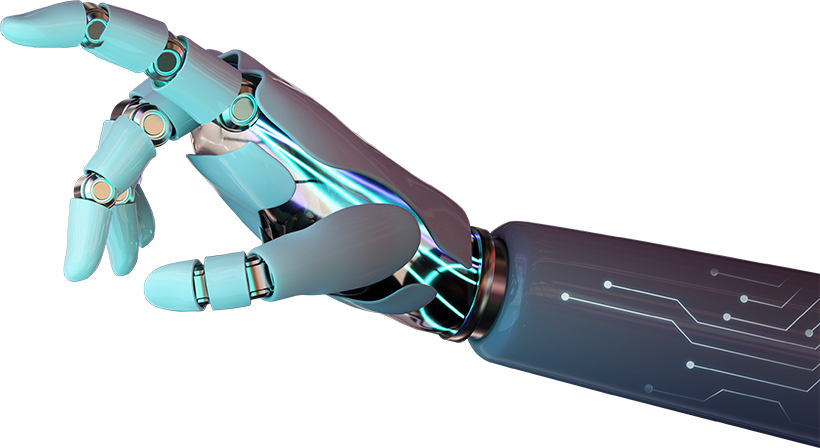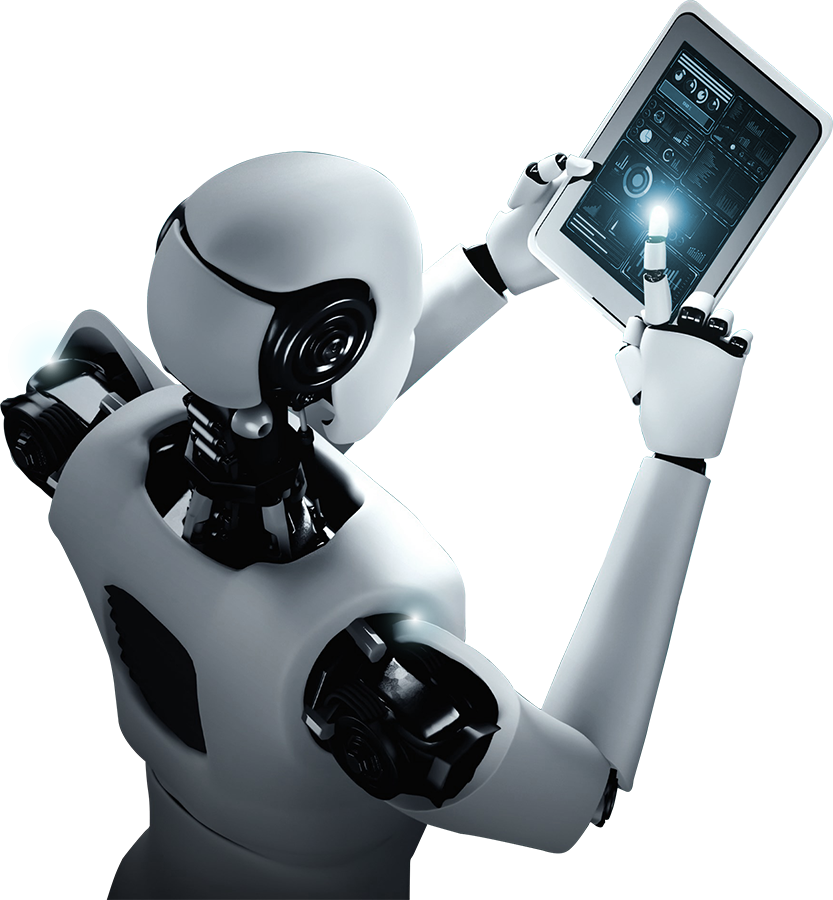
New Era
In Touch with New Technology
HomeServices





A type of machine learning that involves the use of artificial neural networks to process and analyze large amounts of data.
Read More


Artificial intelligence, or AI, refers to the development of computer systems that can perform tasks that normally require human intelligence, such as learning, problem-solving, and decision-making.
AI systems are designed to learn from data and improve their performance over time. This is achieved through the use of algorithms and statistical models that enable the computer to identify patterns, make predictions, and take actions based on that data.
AI is used in a wide range of applications, from virtual assistants like Siri and Alexa, to facial recognition systems, to recommendation engines used by online retailers and streaming services.
AI has the potential to improve efficiency, productivity, and accuracy in a wide range of industries, from healthcare to manufacturing to finance. It can also enable new products and services, and help to solve complex problems.
As with any new technology, there are concerns about the potential risks and negative impacts of AI, such as bias in decision-making, privacy concerns, and the possibility of job displacement as machines take over certain tasks. It is important to ensure that AI is developed and used in a safe, secure, and ethical manner.
Stay informed
